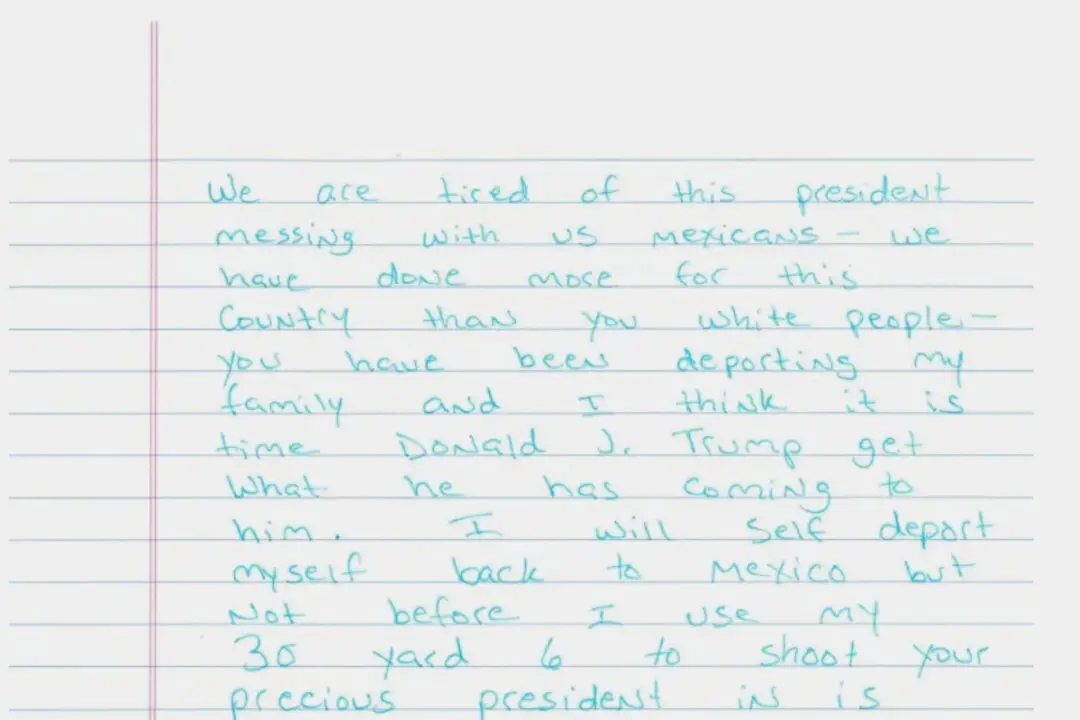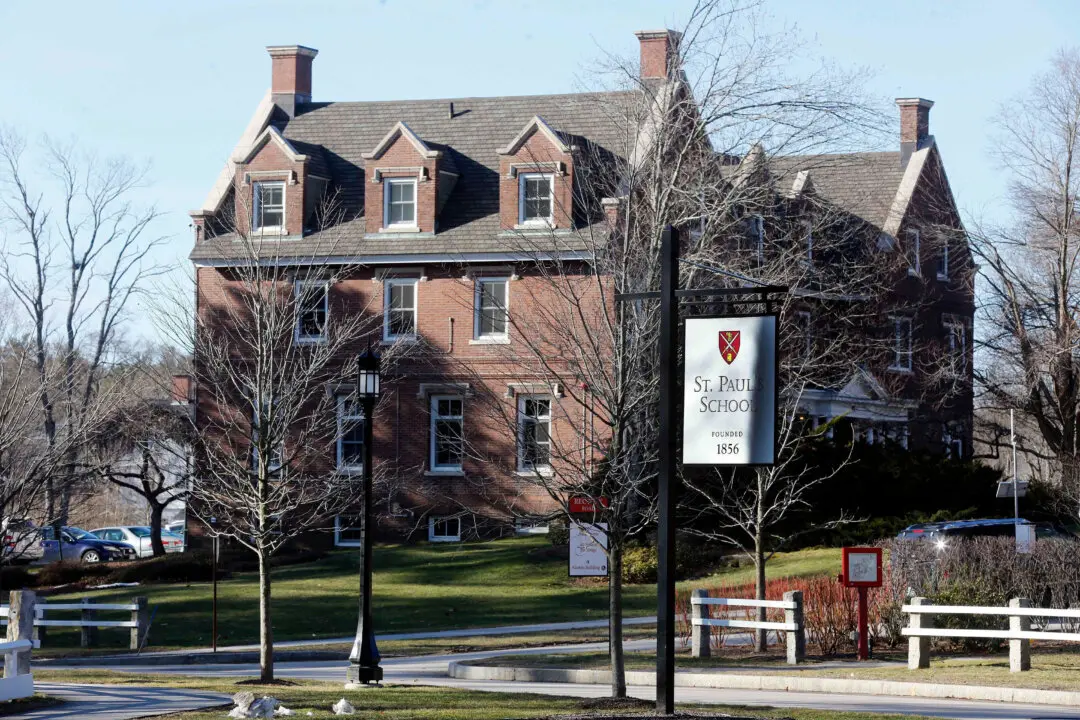BERLIN—When President Barack Obama opens the world’s largest industrial fair in the northern German city of Hannover on Sunday, he‘ll be leading a delegation of American companies hoping to conquer new markets abroad. He’ll also be trying to complete one of his presidency’s main pieces of unfinished business—a trans-Atlantic trade pact.
Officials in Washington and Brussels are trying to clinch key parts of the deal before the end of the year, after which a new U.S. president and election campaigns in major European countries could complicate negotiations.
Proponents of the agreement—known as the Trans-Atlantic Trade and Investment Partnership, or TTIP—argue that lowering tariffs and harmonizing rules would give a much-needed boost to businesses at a time of global economic uncertainty. Or as Obama put it when the talks launched three years ago: “New growth and jobs on both sides of the Atlantic.”
But this rosy view of TTIP hasn’t caught the public’s imagination, particularly in Germany.





